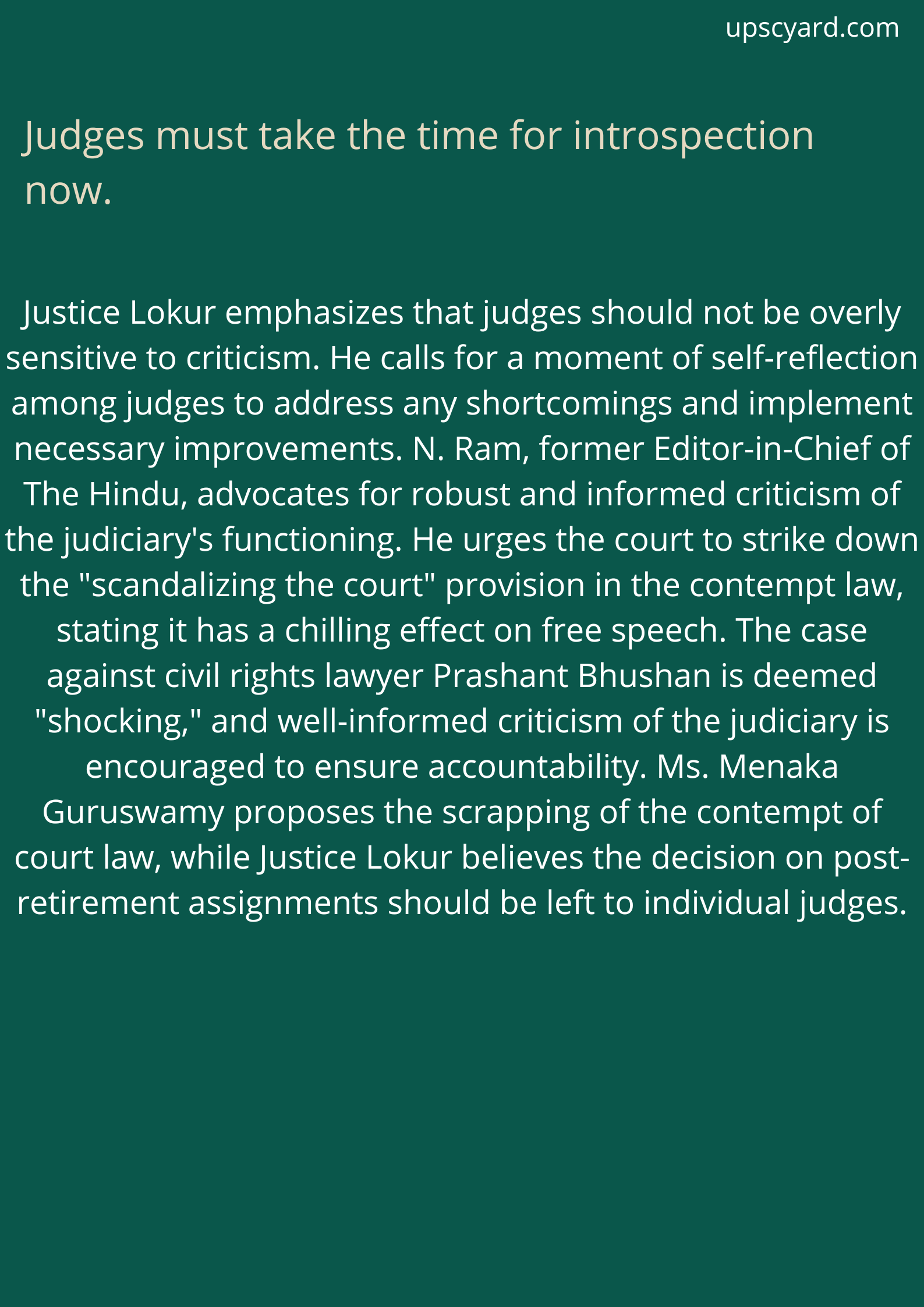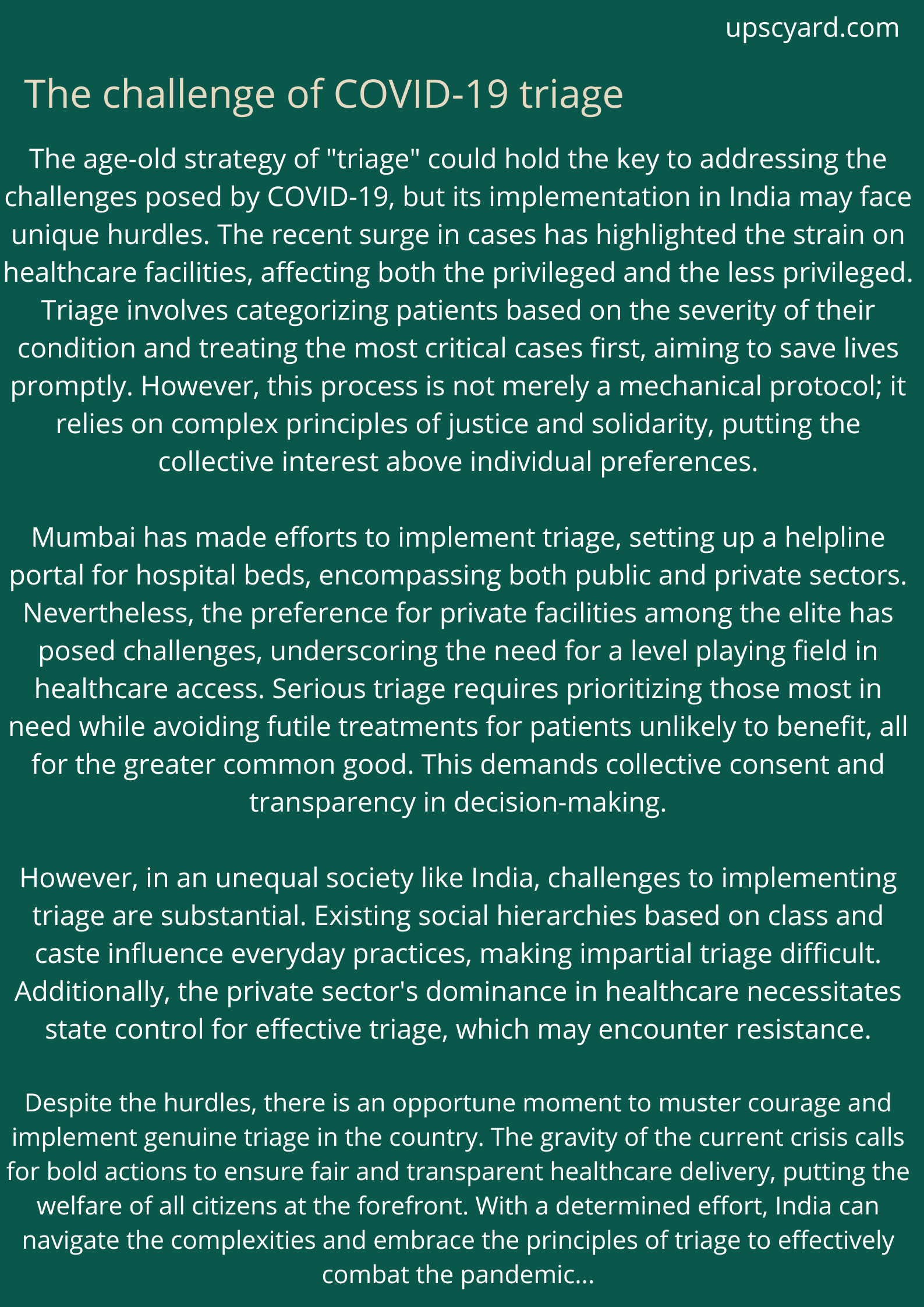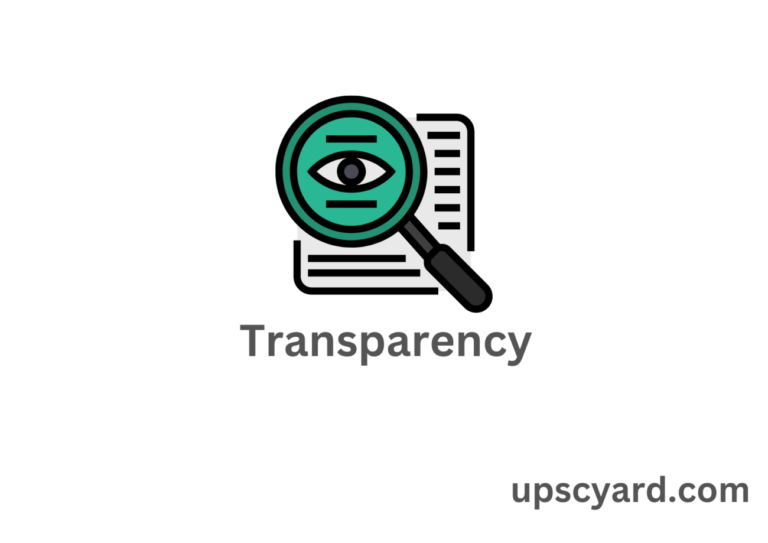Public Interest
Civil servants operate under a core principle: to give paramount importance to decisions, regulations, and actions that benefit the public’s well-being. This means prioritizing the interests of society above personal ones, acknowledging both widespread common interests and the specific needs of various communities. However, at times, distinguishing between these interests can be challenging, as the public good is often influenced by the advantages it bestows on particular groups within the broader societal context.
What is the primary goal of serving the public interest?
The main objective of the public interest is to uphold high standards of professionalism and service, while promoting exemplary behavior among its workforce. It is dedicated to providing equal opportunities for all individuals, regardless of their physical or mental conditions, family backgrounds, or religious affiliations. Emphasizing values like impartiality and integrity is vital for fostering trust between the organization and the citizens it serves.
What are the concerns related to public interest?
Various Interpretations: The term “public interest” comprises two separate meanings, without a clear legal definition.
Recipients: One interpretation relates to individuals or groups who can benefit from particular actions by governments or corporations, such as those with disabilities.
Community Welfare: The other interpretation involves actions taken for the greater good of society, often seen when governing bodies, like local councils, invest in initiatives for the common welfare without pursuing profitability.
Within the realm of public service, prioritizing the public interest should consistently take precedence over personal interests. (Read this)

Consensus orientation is a fundamental aspect of good governance in public policy. However, when it comes to representative democracy, a critical question arises: Does it genuinely represent the diverse interests of all segments of society?

Public interest VS personal interest in a nutshell
The concept of triage finds its foundation in ethics, necessitating the balancing of individual self-interest with the greater good of society.

What are the guiding principles that civil servants should adhere to in serving the public interest?
Principles to be followed by civil servants in the public interest include:
- Ensuring Organizational Integrity: Civil servants have a vital responsibility to safeguard their employing department or organization by avoiding actions that could cause significant harm or financial loss.
- Transparent Disclosure of Conflicts: It is imperative for civil servants to openly declare any conflicts of interest and discuss them with their superiors before making decisions that might clash with their public duties. This practice ensures that their actions prioritize the well-being of all involved parties.
- Responsible Handling of Information: Civil servants must refrain from exploiting any information obtained during their service for personal gain or to benefit others’ commercial interests. Failure to adhere to this ethical principle can result in severe consequences, including termination and disciplinary measures.
- Strict Penalties for Misconduct: The Civil Service Code enforces penalties, such as salary reductions, fines, and reprimands, for any breaches of conduct. In serious cases, legal actions, including imprisonment, may be pursued to uphold the integrity of the civil service.
What are the protocols and steps that civil servants need to adhere to in serving the public interest?
Procedures to be followed by civil servants in the public interest, as outlined in the Public Servants Disclosure Protection Act, include:
- Mandatory Reporting: According to Section 3 of the Act, it is the duty of public servants to report any instances of misconduct they become aware of.
- Disclosure Procedures: Section 4 provides clear guidelines on how to make a disclosure, including the necessary procedures and timelines involved in the process.
- Internal Handling of Disclosures: Section 6 establishes an internal mechanism within government departments or agencies to handle and address disclosures.
- Safeguards for Whistleblowers: Section 7 outlines specific protections and safeguards for individuals who make disclosures, ensuring their well-being and security.
- Guidelines for Investigations: Section 8 offers directions on conducting investigations and outlines the information that must be disclosed during such inquiries.
In response to a Supreme Court ruling, whistleblower legislation was enacted, recognizing the duty of public servants not only to safeguard confidential information but also to report wrongdoing. Whistleblowers, often regarded as heroes, may face reprisals or dismissal for exposing corruption. The Civil Service Commission has established guidelines that mandate clear and transparent policies, including safeguards, grievance mechanisms, early warning systems, and independent channels for whistleblowers to voice concerns without fear of retaliation.




